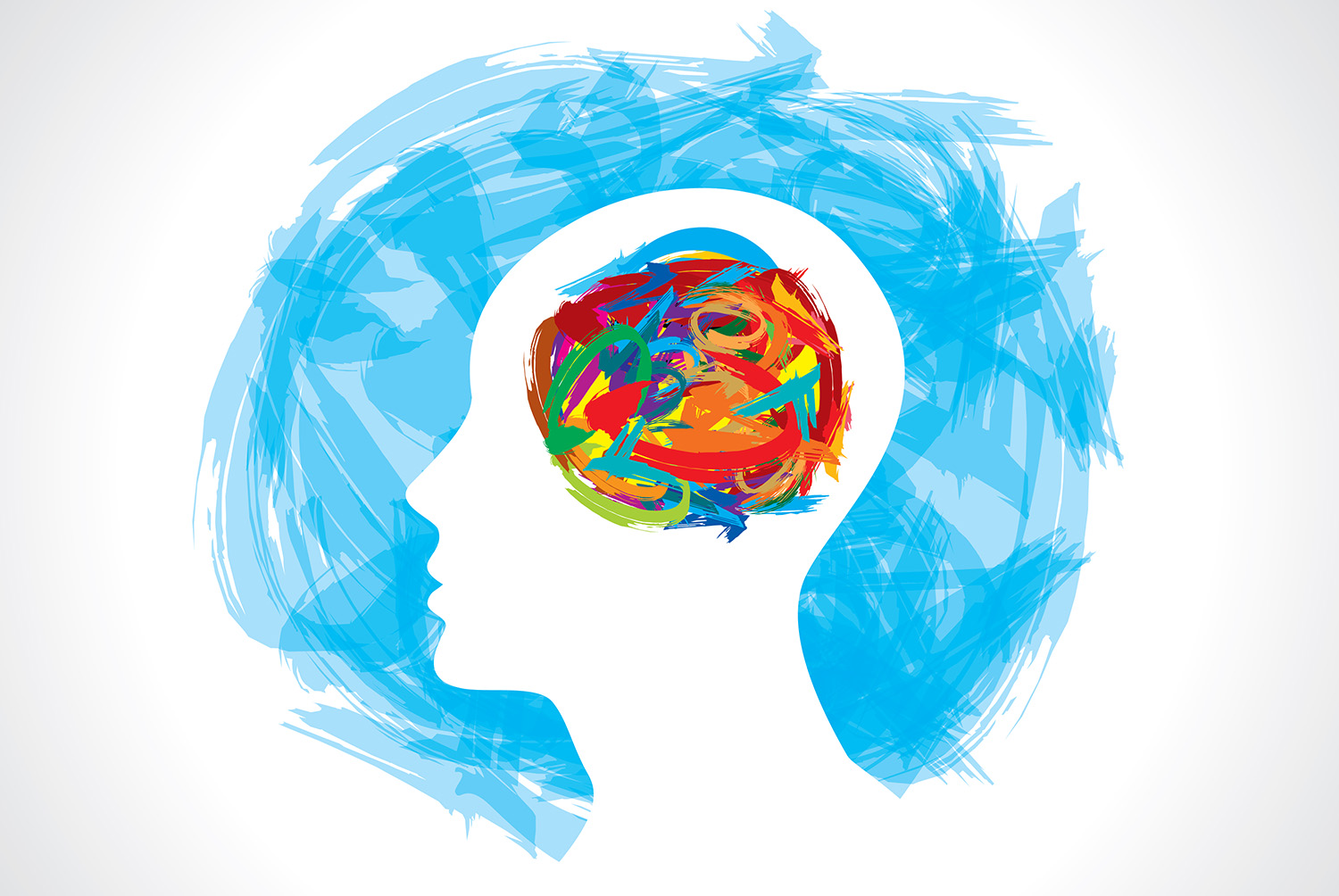Verify Phone Number

Other Psychological Disorders

Grief: Grief and Mourning are reactions of a person to the loss of a loved one. Though it is not limited to losing a person. Grieving is a time taking process and a painful journey for the person experiencing it. While a 6 months period is generally considered normal for grief, prolonged grief can get complicated and cause major impairment in functioning for person experiencing it. Emotional support and counselling is very helpful in such cases.
Sleep disorders: While sleep is a necessary and complex biological process, sometimes disturbed sleeping patterns can lead to sleep disorders such as insomnia, interrupted breathing while asleep (sleep apnea), restless leg syndrome, reduced or increased sleep (hypo/hypersomnia).
Sexual Disorders: Sexual dysfunction refers to impairment either in the desire for sexual gratification or in the ability to achieve it. Irrespective of which partner is dysfunctional, sexual relationship is adversely affected for both the partners in the relationship. Due to social shame people hesitate in expressing their concerns while it continues to affect men and women both. It may include:
- Lack/ Loss of sexual desire in men/ women
- Erectile Disorder in Men
- Premature or Delayed Ejaculation in men
- Orgasmic disorder in women
- Sexual pain disorder in women
Eating Disorders: A range of psychological issues lead to unhealthy, irregular and disturbed eating habits. People suffering from eating disorder may show a variety of symptoms particularly eating very restrictively, eating excessively at one time, or vomit or excessively exercise after eating. Eating disorder are less understood and identified and if not treated, it can be fatal.
Gambling disorder: involves repeated, problem gambling behavior with inability to control the urge to control it. The behavior leads to problems for the individual, families, and society. Some of the signs may include;-Need to gamble with increasing amounts to achieve the desired excitement, Restless or irritable when trying to cut down or stop gambling, After losing money gambling, often returning to get even (This is referred to as "chasing" one's losses.) and Lying to hide gambling activity.
At The Mind Veda we offer various assessments that are an essential part of initiating diagnosis and formulating therapy plan. Different types of psychometric and projective tests offer assessments for:
- Personality trait
- Any other psychological disorder
Therapy
Use of various therapies such as
- Cognitive Behaviour Therapy
- Dialectical Behaviour Therapy
- Individual Therapy
- Hypnotherapy
- Group Therapy
- Counselling and therapy for substance abuse, alcohol and addiction.
Frequently Asked Questions
1. What is a Personality Disorder?
▼2. What are common types of Sleep Disorders?
▼3. How do Eating Disorders impact mental and physical health?
▼4. What are Sexual Disorders and how are they treated?
▼5. What is Gambling Disorder and why is it serious?
▼6. How can Cognitive Behaviour Therapy help treat psychological disorders?
▼7. What are Psychological Assessments and when are they used?
▼8. Are Personality Disorders treatable with therapy?
▼9. What causes Sleep Disorders and how are they diagnosed?
▼10. Can Eating Disorders affect teenagers and young adults?
▼Enquiry Submitted
Thank you for trusting us! You are one step closer to feeling better!
Our team will get in touch soon.
